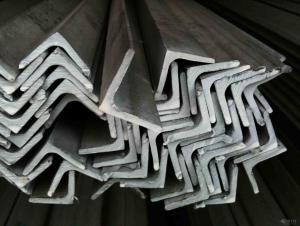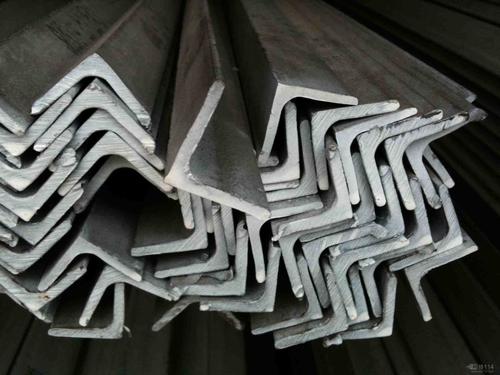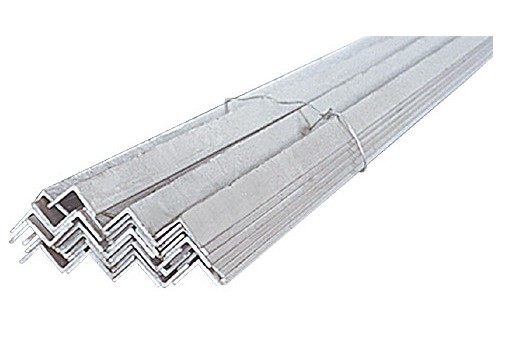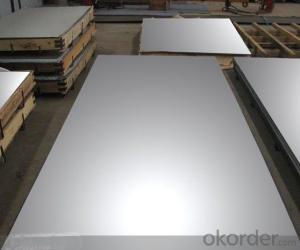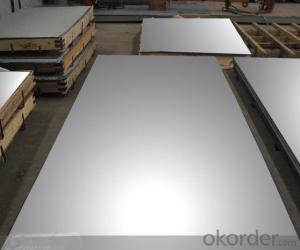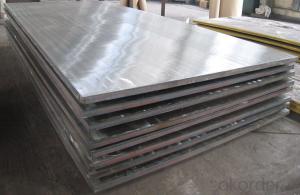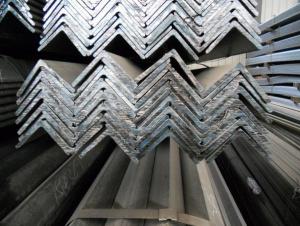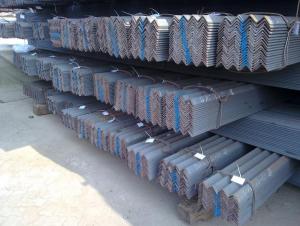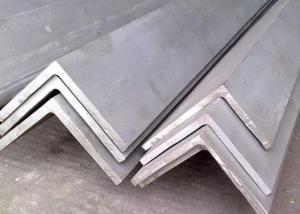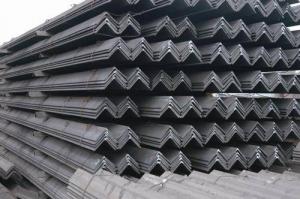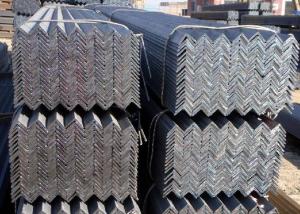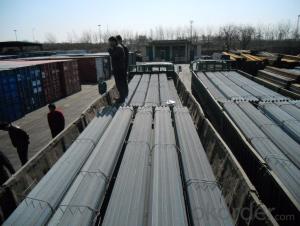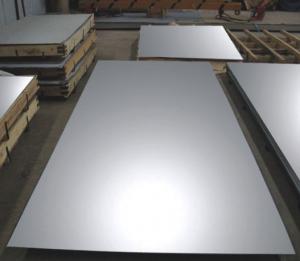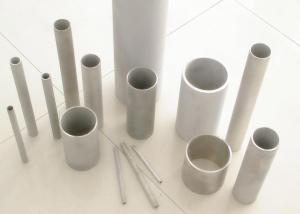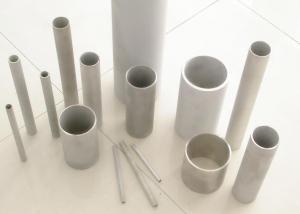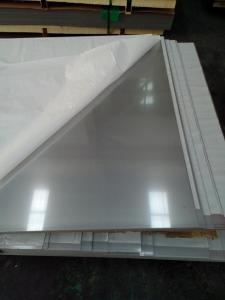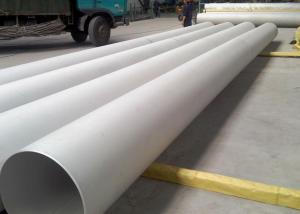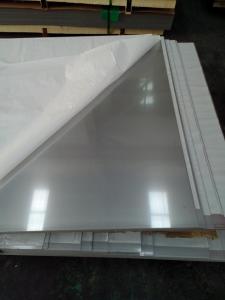Stainless Steel Equal Angles
- Loading Port:
- Shanghai
- Payment Terms:
- TT OR LC
- Min Order Qty:
- -
- Supply Capability:
- 100000 m.t./month
OKorder Service Pledge
OKorder Financial Service
You Might Also Like
Details of Stainless Steel Angle:
Size mm | |
Width | Thickness |
25 x 25 | 3 4 5 |
30 x 30 | 3 4 5 |
40 x 40 | 3 4 5 6 |
50 x 50 | 4 5 6 |
60 x 60 | 5 6 7 |
65 x 65 | 5 6 7 |
70 x 70 | 6 7 8 |
75 x 75 | 6 7 8 9 |
80 x 80 | 7 8 9 10 |
100 x 100 | 8 9 10 12 |
Tolerance:GB4227, ASTM A276/A 484M, EN10056/DIN 1028 | |
Features of Stainless Steel Angle:
1. All products are made of high-quality imported raw materials.
2. Our products are certified by ISO9001:2008 authentication quality systems.
3. We are nominated as the AAA enterprise by Jiangsu government.
4. Quickest and most efficient Response to Your Enquiry.
5.Selected quality material
6.Finely processed
7.Prime quality&Bottom price
8.Complete in specifications
9.Abundant stock
Application of Stainless Steel Angle
Stainless steels of various kinds are used in thousands of applications. The following gives a flavour of the full range:
1.Domestic --- cutlery, sinks, saucepans, washing machine drums, microwave oven liners, razor blades
2.Architectural/Civil Engineering---- cladding, handrails, door and window fittings, street furniture, structural sections,reinforcement bar, lighting columns, lintels, masonry supports
3.Transport --- exhaust systems, car trim/grilles, road tankers, ship containers, ships chemical tankers, refuse vehicles
4.Chemical/Pharmaceutical --- pressure vessels, process piping.
5.Oil and Gas ---platform accommodation, cable trays, subsea pipelines.
6.Medical ---Surgical instruments, surgical implants, MRI scanners.
7.Food and Drink ---Catering equipment, brewing, distilling, food processing.
8.Water ---Water and sewage treatment, water tubing, hot water tanks.
9.General ----springs, fasteners (bolts, nuts and washers), wire.
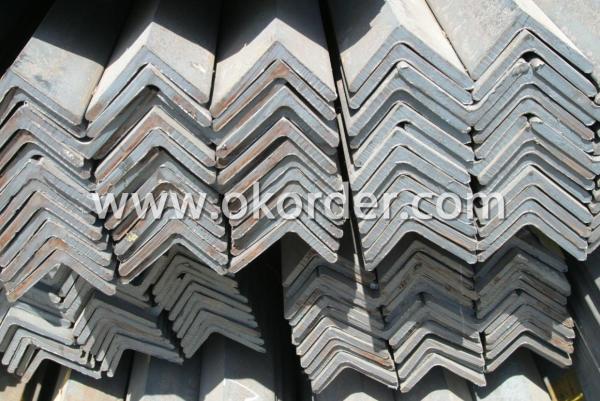
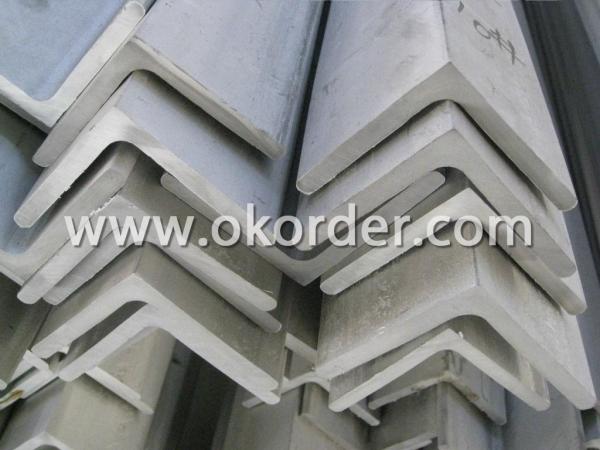
- Q: Are stainless steel sheets suitable for chemical processing equipment?
- Yes, stainless steel sheets are highly suitable for chemical processing equipment. Stainless steel is known for its exceptional corrosion resistance, making it resistant to chemical substances and environments. It is also durable, strong, and easy to clean, making it a preferred material for chemical processing equipment that requires regular exposure to various chemicals and rigorous cleaning procedures. Additionally, stainless steel has a high melting point, making it suitable for handling high temperatures often involved in chemical processes. Overall, stainless steel sheets are an excellent choice for chemical processing equipment due to their corrosion resistance, durability, strength, and ease of maintenance.
- Q: Can stainless steel sheets be used for outdoor sculptures?
- Yes, stainless steel sheets can be used for outdoor sculptures. Stainless steel is highly resistant to corrosion, making it ideal for outdoor applications where the sculpture will be exposed to various weather conditions. It can withstand rain, snow, heat, and UV radiation without losing its strength or deteriorating. Additionally, stainless steel has a sleek and modern appearance which can enhance the visual impact of the sculpture. Its durability and resistance to rust make it a popular choice for outdoor sculptures in parks, gardens, and public spaces.
- Q: What is the hardness of stainless steel sheets?
- The hardness of stainless steel sheets can vary depending on the specific grade and treatment. However, stainless steel sheets typically have a hardness ranging from 70 to 90 Rockwell B.
- Q: Are stainless steel sheets suitable for marine applications?
- Yes, stainless steel sheets are highly suitable for marine applications. They possess excellent corrosion resistance properties and can withstand the harsh conditions of saltwater environments, making them ideal for use in marine applications such as boat fittings, offshore structures, and shipbuilding.
- Q: How do I prevent warping on stainless steel sheets?
- To prevent warping on stainless steel sheets, it is important to ensure proper handling and storage practices. Avoid placing heavy objects on top of the sheets, as this can cause them to bend or warp. Additionally, store the sheets in a clean and dry environment to prevent moisture absorption, which can also lead to warping.
- Q: Are stainless steel sheets resistant to heat and high temperatures?
- Stainless steel sheets possess exceptional resistance to heat and high temperatures. Their remarkable heat resistance properties enable them to maintain both their strength and structural integrity even under extreme temperature conditions. Consequently, stainless steel sheets are highly suitable for a diverse range of applications that involve heat and high temperatures. These applications include industrial furnaces, boilers, heat exchangers, and automotive exhaust systems. Stainless steel is capable of enduring temperatures of up to 1200 degrees Celsius (2192 degrees Fahrenheit) without compromising its structural properties, rendering it a favored option in industries requiring materials that can withstand intense heat. Furthermore, stainless steel also exhibits excellent resistance to oxidation, thereby preventing the formation of rust or scale when exposed to high temperatures for extended durations. In sum, stainless steel sheets serve as an exceptional choice for applications necessitating resistance to heat and high temperatures.
- Q: Can stainless steel sheets be used for countertops or backsplashes?
- Yes, stainless steel sheets can be used for countertops and backsplashes. Stainless steel is a durable material that is resistant to stains, heat, and bacteria, making it an excellent choice for kitchen surfaces. It is easy to clean, maintains its appearance over time, and can withstand heavy use. Stainless steel countertops and backsplashes are commonly used in commercial kitchens due to their hygienic properties, but they are also becoming increasingly popular in residential settings for their sleek and modern look.
- Q: Are stainless steel sheets suitable for food preparation surfaces?
- Stainless steel sheets are highly suitable for food preparation surfaces, making them a top pick for kitchen countertops, cutting boards, and other areas where food is prepared. The many advantageous properties of stainless steel contribute to its popularity. Firstly, it is non-porous, meaning it does not absorb smells, flavors, or bacteria. This characteristic ensures high levels of hygiene and easy cleaning, reducing the risk of cross-contamination. Additionally, stainless steel is resistant to corrosion, staining, and heat, making it a long-lasting and durable option. Its smooth surface is also perfect for rolling out dough or chopping ingredients. Moreover, stainless steel is non-reactive, so it does not interact with acidic or alkaline foods, preserving the taste and quality of the prepared dishes. All in all, stainless steel sheets are an exceptional choice for food preparation surfaces due to their cleanliness, durability, and food safety qualities.
- Q: Can stainless steel sheets be used for pharmaceutical storage cabinets?
- Yes, stainless steel sheets can be used for pharmaceutical storage cabinets. Stainless steel is highly resistant to corrosion, making it an ideal material for storing pharmaceuticals, which often require sterile and hygienic conditions. Stainless steel is also easy to clean and maintain, ensuring that the storage cabinets remain contamination-free. Additionally, stainless steel is durable and long-lasting, providing a reliable and secure storage solution for pharmaceuticals.
- Q: What is the maximum width of stainless steel sheets available?
- The maximum width of stainless steel sheets commonly available varies, but it typically ranges from 48 to 72 inches.
Send your message to us
Stainless Steel Equal Angles
- Loading Port:
- Shanghai
- Payment Terms:
- TT OR LC
- Min Order Qty:
- -
- Supply Capability:
- 100000 m.t./month
OKorder Service Pledge
OKorder Financial Service
Similar products
Hot products
Hot Searches
Related keywords
